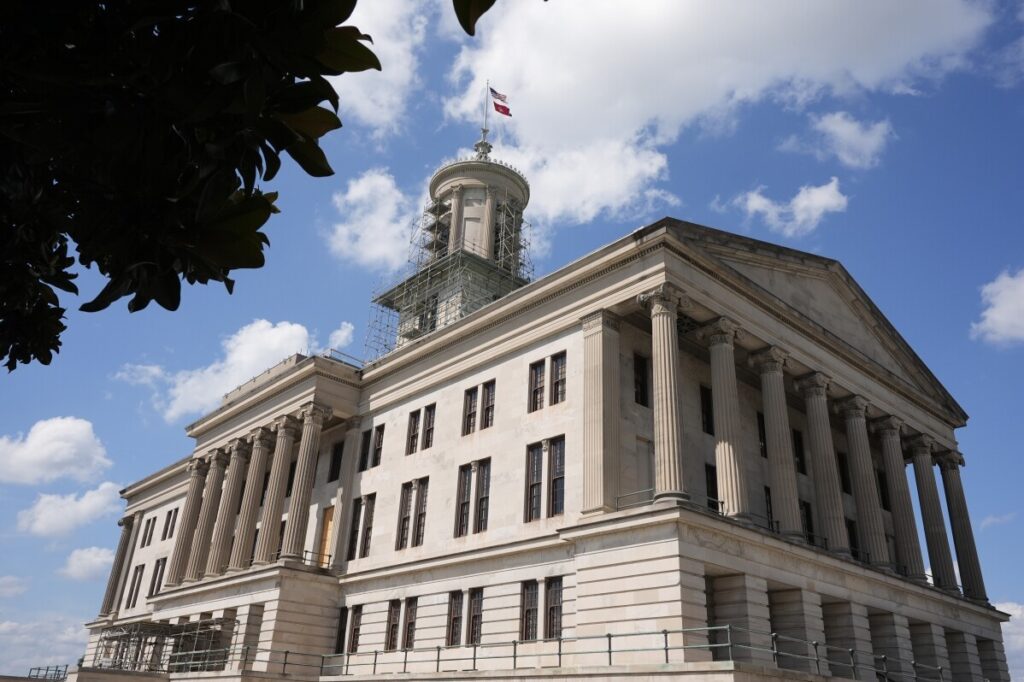Montana Man Charged with Murder and Arson After Deadly Bar Shooting: What This Says About Public Safety
A Montana man faces murder and arson charges after a deadly bar shooting, raising urgent questions about mental health, public safety, and law enforcement readiness that impact all Americans.

In the quiet town of Anaconda, Montana, tragedy struck when Michael Paul Brown allegedly opened fire at The Owl Bar, killing four people and attempting to set the establishment ablaze. This chilling event exposes critical gaps in how communities and authorities address violent crime and mental health issues—problems that resonate far beyond Montana’s borders.
When Mental Illness Meets Violence, Who Bears Responsibility?
Brown’s family has publicly acknowledged his long struggle with mental illness—a factor his defense alleges may influence the case. Yet, how long can communities afford to ignore warning signs before innocent lives are lost? This incident underscores a growing national concern: inadequate systems to identify and manage individuals at risk for violence due to untreated mental conditions.
The America First approach demands safeguarding American families by prioritizing effective law enforcement and mental health interventions. It requires robust local support combined with federal resources to prevent dangerous individuals from slipping through the cracks. How many more tragedies will unfold while Washington dithers on meaningful reforms?
Law Enforcement Success Amidst Systemic Challenges
Following the shooting on August 1, Brown eluded police for a full week, hiding in forests near Anaconda until his capture. While this manhunt demonstrates commendable dedication by Montana law enforcement—utilizing helicopters, drones, K9 units, and community tips—it also reveals vulnerabilities in rapid response capabilities that put citizens at continued risk.
Every minute spent searching is a minute of uncertainty for neighboring towns and families across America who deserve peace of mind. America First policies emphasize strengthening border security; similarly, these principles must extend internally to protect our communities from violent offenders through sharper intelligence-sharing and swifter justice.
The pending decision on whether to seek Montana’s death penalty further reflects our nation’s struggle between justice for victims and procedural delays that often benefit perpetrators rather than survivors. For hardworking Americans demanding accountability and swift consequences for heinous crimes, this case highlights why judicial efficiency aligned with moral clarity is indispensable.
The takeaway: This horrifying event is not just an isolated incident but a call to action. Protecting American lives means confronting uncomfortable realities around mental health failures, empowering law enforcement with necessary tools—not shackles—and ensuring justice respects victims’ rights above all.
